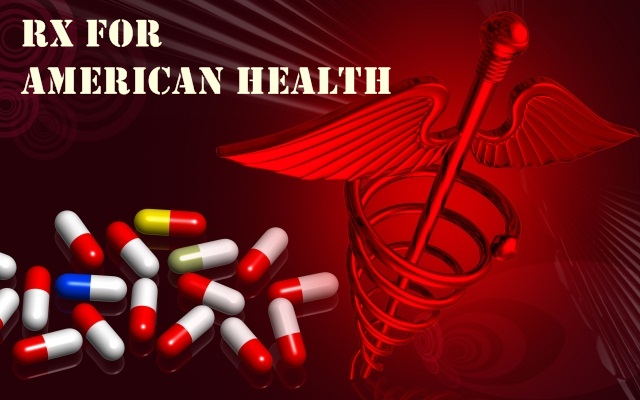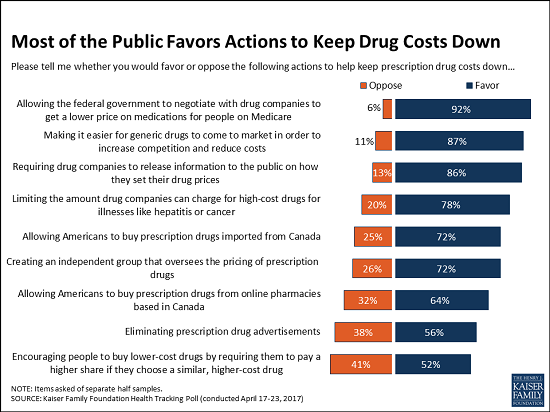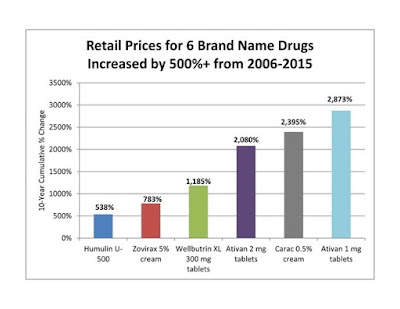

The following letter was sent to members of the House Committee on Oversight and Government Reform by Publisher Daniel Hines
Daniel Hines, Publisher,
TodaysSeniorsNetwork
Dear Members
of the U.S. House of Representatives Committee on Oversight and Government
Reform:
I am writing
in my capacity of publisher of the TodaysSeniorsNetwork series of blogs dealing
with issues facing an aging America and the need for policies to lower the
costs of prescription medicines in the U.S. to applaud your intensive questioning
of Mylan CEO Heather Bresch during your recent hearings.
It is
gratifying to see such bi-partisan consensus on the potential of the dramatic,
undesirable consequences affecting the health and well-being of American
citizens because of the predatory pricing practices of Pharma. The many
expressions of outrage and indignation are, hopefully, welcomed preludes to
Congressional action to end Pharma’s attitude of charging not just what the traffic
will bear but what it determines to be necessary to inflated profits despite
the consequences to patients that simply cannot afford their medicines.
But there are
questions that remain unanswered, and must be directed to not Pharma but to Congress:
1. Throughout the hearing, members of the Committee noted that ‘they had
been here before’, charges were leveled against Ms. Bresch’s statements calling
them ‘rope-a-dope,’ ‘a shell game,’ and suggestions that perhaps this will be
the impetus that will finally lead to Congressional action. While such comments are welcomed, question
must be asked: “If this latest example of Pharma abuse does not lead to
Congressional action, what will it take?
When will Congress act? Why is
there even a delay?
2. The testimony of Douglas Throckmorton, M.D., Deputy Center Director for
Regulatory Programs of the Food and Drug Administration, and his non-responsive
answers to requests from the Committee, while not surprising, were appalling. His refusal to share information with the
Chair of the Committee was particularly troublesome, but is indicative of the FDA,
an agency ostensibly designed to protect the health and well-being of Americans,
claiming an equal status with Congress.
Another example of such a blatant rejection of Congressional oversight was
its refusal to implement ‘march in’ rights for more than 35 years, even in
light of a recent bi-partisan Congressional request from 51 members of Congress
for such action. A question that must be
addressed is ‘Why does Congress allow the FDA to act in such an authoritative
manner, and to basically refuse to acknowledge Congressional oversight?’ Also, why did the FDA reportedly deny the
application of Teva for a competitive product to EpiPen on the basis of patent
exclusivity of the design of the Mylan product?
3. As I write this letter, the Wall Street Journal is reporting that Ms.
Bresch “underreported” Mylan profits by 60 percent, manipulating tax payment claims
that, according to the WSJ did not apply to Mylan. This leads to two questions: Will this claim
be investigated further by the Committee? If the charge is found to be true, will that
lead to the possibility of a perjury charge?
4. It was especially gratifying to note that there was a consensus among
many members of the Committee that a medicine that is unaffordable is, in and
of itself, unavailable. You can’t buy
what you can’t afford. But, millions of
Americans have for years been denied the health benefits made possible by
access to a regimen of their prescribed medicines. It is virtually impossible to estimate the
adverse impact to the health of individuals and society that have occurred
simply because they can’t afford their medicines. This is due to Pharma and the
FDA ignoring previously adopted directives to the FDA and HHS to explore and
facilitate what is a readily available, affordable and safe resolution to the
fact that Americans pay the highest prescription prices in the world—i.e., the
personal importation of safe, affordable brand-name prescription medicines from
licensed, registered pharmacies in Tier One Countries whose standards of safety
and efficacy meet or exceed those of the U.S.
5. Ironically, for many years, Congress has introduced legislation that
would allow such personal importation.
Both Presidential candidates support some form of personal importation
of prescriptions from Canada and Tier One Countries as a means to lower
prescription costs. There are
bi-partisan bills for personal importation that have been introduced in the
current Congress. But the FDA claims it
cannot verify the safety and efficacy of drugs produced outside this country,
although it works with Pharma to provide oversight of the more that 80 percent
of the prescription ingredients that are produced outside the U.S., and has
stated that it is seeking greater cooperation with counterpart oversight
agencies outside the U.S. Added to this
is that while millions of Americans have been denied access to affordable
medicine because of Pharma pricing practices, millions more have turned to personal
importation of safe, affordable medicines for years, leading to the question, why
does Congress fail to enact enabling legislation for personal importation?
In conclusion,
it, one can only hope that the Mylan headings will lead to a consensus-building
initiative that will result in comprehensive legislation as outlined in the
American Rx Bill of Rights included with this letter. Thank you for your
consideration of the issues presented.
We respectfully urge action to finally address the harmful impacts of
the predatory pricing practices of Pharma, resulting in improved health and
well-being of Americans.
Respectfully
submitted,
Daniel Hines
Daniel Hines
The Articles of the American Rx Bill of
Rights
It is time to call out the harmful
effects of the undue influence of Pharma upon public health policy. It is
time for an Rx Bill of Rights on behalf of All Americans
Article One (A Basic Right to Good Health)
The impact of millions of Americans being denied the health
benefits of access to a regimen of safe, affordable medicines because of cost
is a national health issue that has yet-to-be-recognized consequences.
That is why the ability of American Citizens to make health care
decisions in concert with their physicians such as the purchase of
personally imported safe, affordable prescription medicines should not be
hampered by any actions by government or private entities as a policy to
restrict Americans' access to authentic medicines.
Article Two (An Unaffordable Medicine is Unavailable)
A prescription medicine that is unaffordable is unavailable,
thereby meeting the 'rules' of the FDA that such a medicine that is otherwise
unavailable is indeed eligible to be personally imported by an American
patient, Arbitrary denial by the FDA to such access is detrimental to the
health of the patient by denying him or her access to vital maintenance
medicines. This is a violation of the purpose of the FDA which is ostensibly
designed to protect the health and well-being of American citizens.
Article Three (Citizens as Stakeholders)
The relationship between the FDA, elected
officials, and Pharma has led to numerous abuses, access by Pharma to
legislators and other elected officials based on the contribution of millions
of dollars, favored status for Pharma representatives and their front groups as
the primary representative at public hearings to determine the health care
policy for Federal, State and Local Governments, thereby skewering the
decision-making process. That why it is incumbent upon Congress that it
act to ensure that ordinary American citizens whose health and finances are
adversely affected by Pharma pricing practices, advocacy groups other than
those of Pharma, are given a 'stakeholder' status equal to that of Pharma.
Article Four (Due Process)
Americans who purchase safe, affordable medicines from licensed,
registered pharmacies in Tier One Countries whose standards meet or exceed
those of the U.S., are the legitimate owners of their authentic medicines and
are entitled to exercise their due process rights to have their personal
property free from undue and unjustified seizure oar destruction by any
governmental agency unless the seizing authority can demonstrate via
established judicial processes and to courts that such seizures are of bogus,
counterfeit or unsafe prescription medicines.
Article Five (Public Interest)
Americans are significant contributors to the development of
research and development costs of new medicines through their tax dollars in
support of grants to the National Institutes of Health (NIH), and, as such,
should be protected from unfair or questionable patent protection granted to
Pharma that fails to recognize the rights of American citizens. Abuses in
pricing, illegal business activities, or undue influence upon policy-making by
the FDA or elected officials should result in a reduction of the patent
protection afforded Pharma to the detriment of untold numbers of Americans who
must be able to pay what Pharma believes the traffic will bear.
Article Six (Reciprocity)
The FDA should extend reciprocity to other Tier One countries in
the interests of the health of American citizens. The majority of brand name
prescription medicines sold to Americans is manufactured at plants outside the
U.S., under FDA supervision, or at plants licensed by Pharma members to produce
medicines under a license granted by a particular company, a validation that
medicines produced outside the U.S. and sold in this country are indeed capable
of being safe. Also, the FDA has entered into agreements with regulatory
agencies in many countries to assume the task of overseeing ingredients
manufacture of ingredients for brand name medicines. Added to that is
that many countries (excluding the U.S and the FDA) have reciprocal agreements
(Memorandums of Understanding) that one country will accept the medications
produced in another country as safe and authentic.














